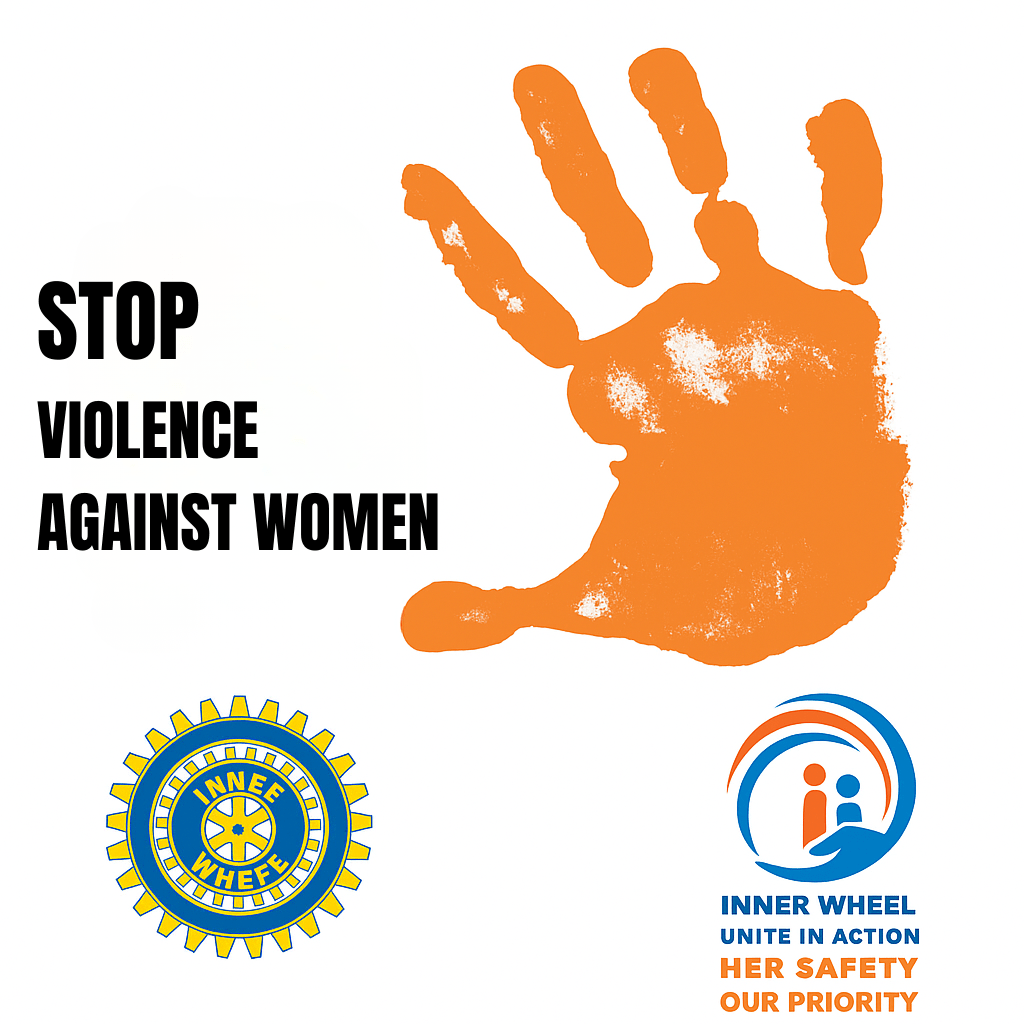 My first experience of mental health care was when I was 11 years old. As a boarder at Caistor Grammar School, Saturdays mornings were spent doing “Social Services”, the choices being: potato peeling at the WRVS; litter picking or odd-jobs around the school; or helping at Caistor Hospital. The establishment had originated as a workhouse and became part of the NHS in 1948.
My first experience of mental health care was when I was 11 years old. As a boarder at Caistor Grammar School, Saturdays mornings were spent doing “Social Services”, the choices being: potato peeling at the WRVS; litter picking or odd-jobs around the school; or helping at Caistor Hospital. The establishment had originated as a workhouse and became part of the NHS in 1948.
I volunteered at the hospital. It was about 20 minutes’ walk from the boarding house and consisted of several building, each a separate ward, named after tree: Willow; Maple; Cedar etc. The grounds were immaculately kept, with lots of grass and flowerbeds.
My duties were to support the staff on the wards, which were designated by the age of the patient. I helped on all of the wards at different times whilst I was between the ages of 11 and 13, with tasks ranging from supervising morning drinks and snacks with other 11 and 12 year olds in the children’s ward (shocking when you look back, and realise several had difficulty swallowing), to taking some of the older residents for a walk, or just chatting.
As a child myself, I witnessed some of the worst elements of institutional care in the 1970s. There was naked queuing down the corridors for baths on both male and female dementia wards, their towels were thin and no bigger than hand towels. Taking up a large area of the children’s ward was a large trough-like structure covered in a mattress with several severely handicapped children lying together, with nothing all day except a mobile over the trough.
One of my saddest memories is of when I came into the children’s ward and noticed a beautiful young girl, who I hadn’t seen before, sitting in a wheelchair. She looked clean and well dressed, and her hair appeared freshly cut. Amongst the other children in the ward she positively shone. The staff told me that she was there for a short time for her parents to have a break. This happened more and more often until she was there permanently, and she didn’t shine any more.
I had some special friends on the dementia wards: John, George, Rose and Lily. John and Lily were very fond of each other, and she giggled about him when he wasn’t around. John fought in the war and was a heavy smokers of roll-ups, which seemed to be ingrained into the pores of his skin, he had crooked fingers on one hand, which he told me was due to a war injury. John, George, Lily and Rose always smiled when I arrived, Lily and Rose sometimes saved their allowance to buy me a small bag of sweets, which I refused to take, but would share with them. Lily and Rose liked to hug me, and hold my hand, patting it with the other hand, particularly if they were worried. The main thing I remember is their excitement in seeing me, and the absolutely beaming smiles although John was sometimes quiet and withdrawn. They usually didn’t know my name, and I was young enough not to worry about it, or try and teach them.
As some of the more capable residents at the hospital, my friends would sometimes be present at church on Sunday, they would pick me out in the crowd of boarders and pat the pew next to them with huge smiles. I didn’t ask them questions, I was not happy as a boarder and was pleased that someone was pleased to see me, so we had a mutual understanding that we all thought each other was great. That was it, no expectations, no responsibility either way, just able to appreciate each other being.
The only time I saw Rose and Lily upset was when another patient was trying to physically pull me away on the ward, and Rose told me that particular patient had broken a nurse’s arm a few days earlier. I left earlier than usual that day.
Rose and Lily had another friend on the women’s ward, who helped the nursing staff. This lady was in her late 50’s, and seemed slightly out of place, somewhere between a nurse and a patient. One day she told me her parent sent her there when she got pregnant at 16.
There were examples of loving care from the overstretched staff. One sunny day I remember being taken as an assistant for the children for a day at Mablethorpe, helping take wheelchairs onto the beach, taking off shoes and socks and watching the children move their feet in the sand. Feeding them fish and chips, when all they had normally was a grey hospital mush. Seeing their faces as they experienced these delights was priceless.
These types of institutions don’t exist anymore. Care in the Community replaced some, whilst better, kinder residential centres replaced others. The system needs more money, especially for children and young people. We still need to understand mental health better, and with a growing elderly population a better understanding of dementia is essential. Unfortunately we are all human, there will always be incidents of poor reactions to behaviour, lack of care and understanding, even cases of neglect, so until we can provide care with a guarantee that all staff can be 100% compassionate and caring at all times, there will still be headlines. But we need to look back sometimes and see how far we have moved on.


